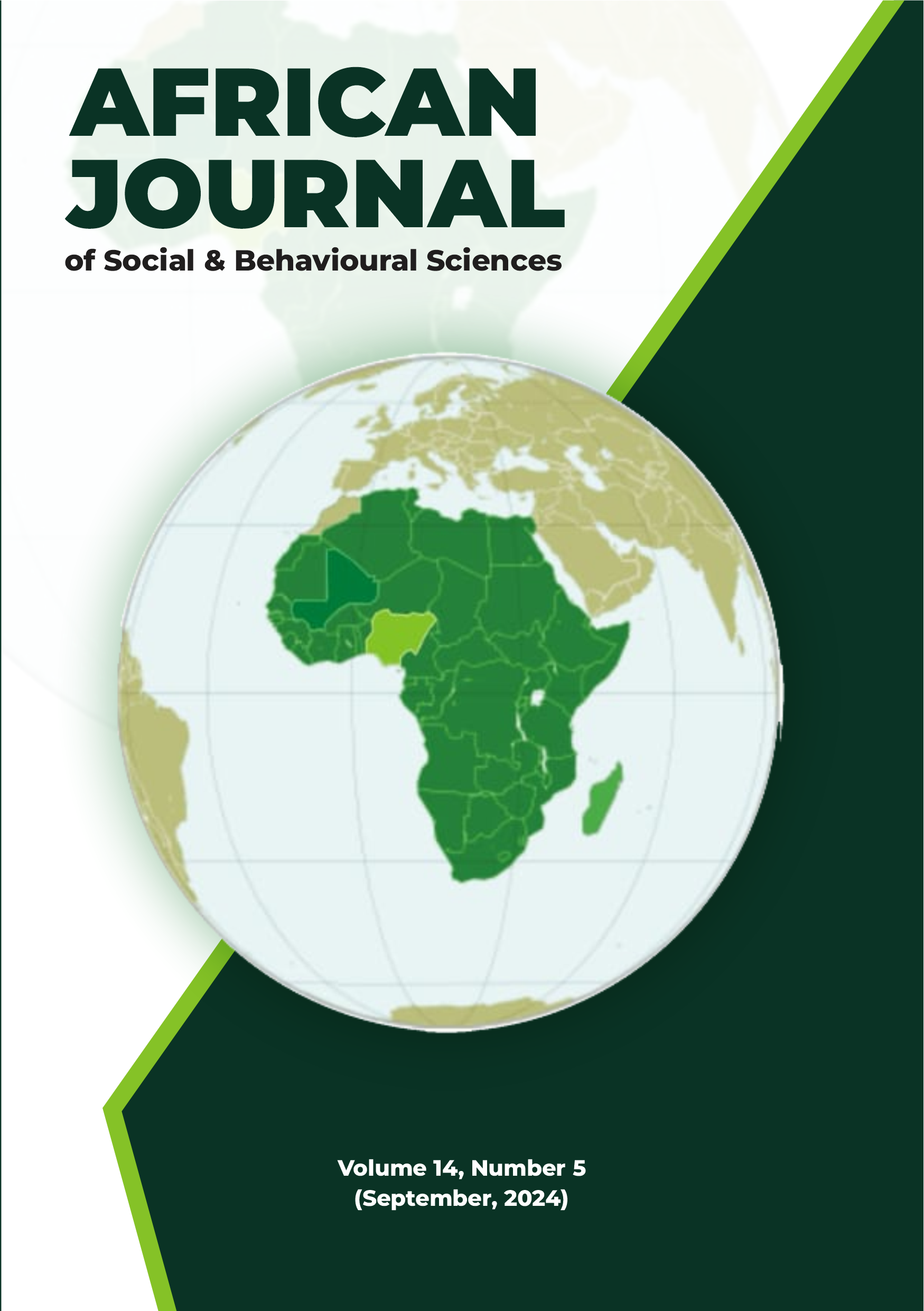POVERTY, FOOD INSECURITY AND CHRONIC DISEASES AMONG FAMILIES: A STUDY OF YAURI LOCAL GOVERNMENT AREA, OF KEBBI STATE
Keywords:
Chronic Disease, Family, Food Insecurity, PovertyAbstract
This paper examines the reciprocal relationships among poverty, food insecurity
and chronic disease among family dynamics as a social variable. This paper explains how
chronic illness plays a pivotal role on families, especially individuals with lower
socioeconomic status who are affected by different diseases that may lead to immature death.
These diseases include chlamydia, genital warts, herpes, gonorrhoea, hepatitis, syphilis, lung
cancer and HIV. Some of these diseases can lead to permanent functional disability or even
death. The main objective of this study was to examine the reciprocal relationships between
chronic diseases among families. The paper adopted triangulation methods of data collection
within quantitative and qualitative methods of social science research. The paper has a sample
size of 90 respondents from both quantitative and qualitative research. In the qualitative
methods, judgemental interviews and key informant interviews (KII) were used to obtain
information. The interviewee profile included three nurses, four medical doctors and three
members the general population. Relative deprivation theory was used as theoretical
framework to explain the issue at hand. The findings of the study revealed that there is a
prevalence of hepatitis, HIV and gonorrhoea in the area of the Yauri local government. These
findings also indicate that, severe food insecurity among households can cause serious
challenges that the members of those houses are at risk of malnourishment and severe hunger
and that their children will grow stunted, which can lead to outbreaks of several diseases as the
body cannot resist attacked by germs. The study recommended that there be a holistic
intervention of public awareness to alert individuals that when they engage in risky behaviours,
they may attract several illnesses. In conclusion, the government, healthcare personnel,
nongovernmental organizations, and private and public donors, provide good, and adequate
medicine that can minimize or reduce certain pain, because it is incurable.


